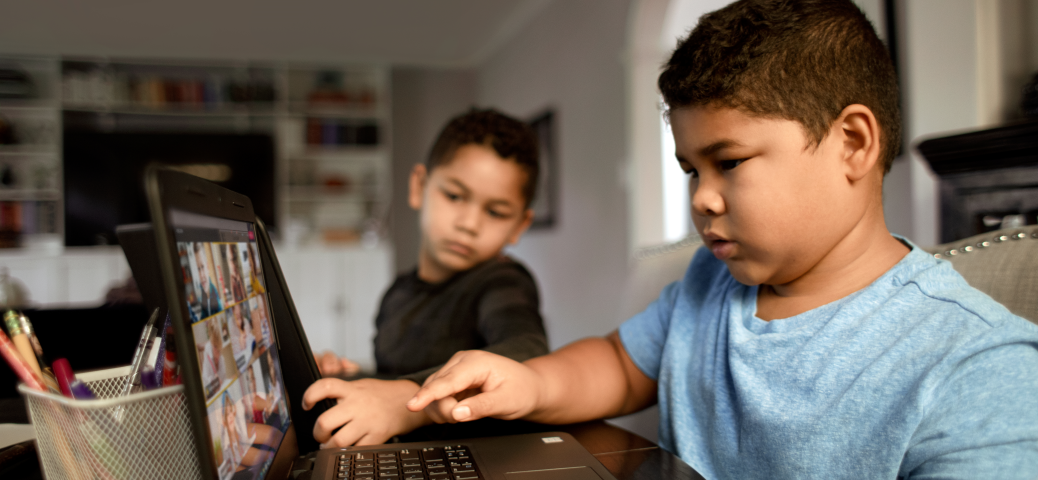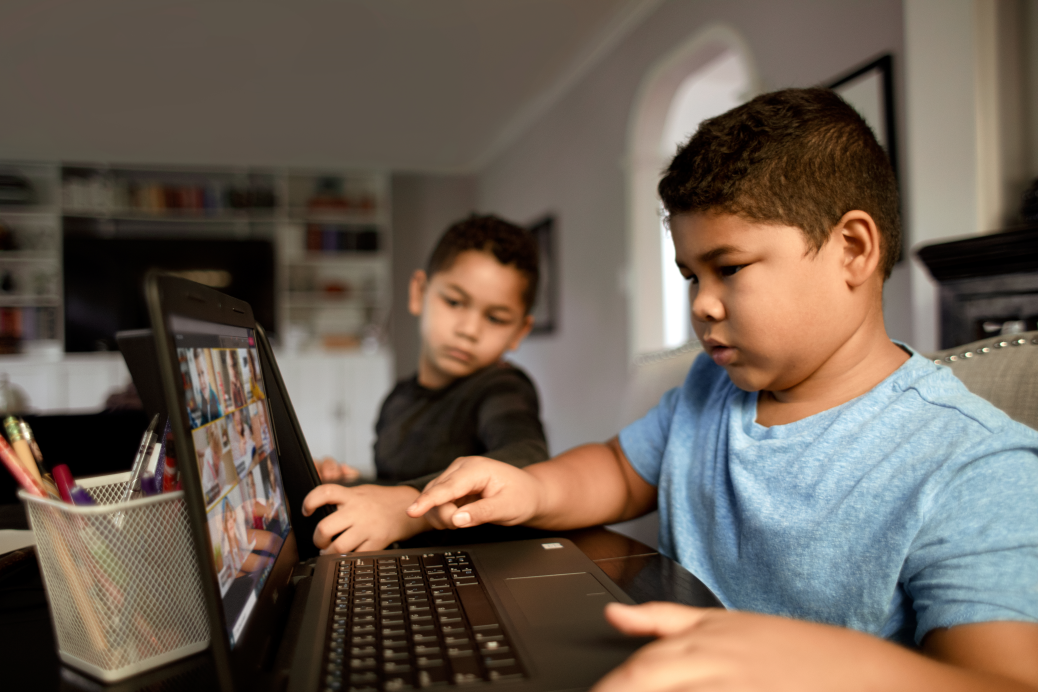
Tinjau selidik Microsoft mendapati pengalaman dalam talian lebih baik dan positif di Malaysia sepanjang 2020
February 26, 2021
NetApp Reports Third Quarter of Fiscal Year 2021 Results
February 26, 2021Microsoft study reveals better and more positive online experiences in Malaysia through 2020

- From 2019 to 2020, Malaysia’s Digital Civility Index score worsened by 4 points to 63; remains better performing than much of the region[1]
- Increases in experiences of hoaxes, frauds and scams, hate speech and discrimination resulted in a lower score for Malaysia
Microsoft today unveiled results from the fifth edition of its annual study, “Civility, Safety, and Interactions Online – 2020” along with findings from its 2020 Digital Civility Index (DCI). The study examines attitudes and perceptions about online behaviour and interactions, as well as raises awareness for the real-world consequences of online risks.
Malaysia’s DCI score, however worsened from 2019’s score of 59, indicating that more people are experiencing negative online interactions or encountering online risks. Risks for Malaysia’s online users that scored a record high include:
- Hate speech; 3% increase to 24%
- Hoaxes, scams, and frauds; 4% increase to 24%, and
- Discrimination; 2% increase to 14%.
Microsoft surveyed 500 Malaysians, polling respondents about their exposure to 21 different online risks across four categories: behavioral, sexual, reputation, and personal/intrusive. Results showed that Malaysia performed better than much of the Asia-Pacific (APAC) region in online civility in 2020, with a DCI score of 63 compared with APAC’s score of 66.
“Microsoft’s annual study on digital civility is crucial to raising awareness and encouraging positive online interactions, especially in dark times. Although Malaysians are relying on and embracing digital technologies now more than ever amid COVID-19 and social distancing norms, we must all come together to empower a safer internet that improves experiences and contributes toward the well-being of our communities,” said Liz Thomas, Regional Digital Safety Lead, Asia-Pacific, Microsoft. “Safer Internet Day earlier this month reminds us that governments, organizations and individuals all play a role in making the internet a better place for work and play.”
Teenagers lighting the way forward

Teenagers (aged 13-16) in Malaysia were revealed to be positive drivers for improvement in DCI performance, and scored 57 for online civility, as opposed to adults at 68.
Additionally, 37% of respondents in Malaysia said online civility improved during the pandemic, attributed to shared sentiments of people helping one another and being more encouraging to others, while 17% cited online civility as worse due to growing proliferation of false and misleading information and more personal attacks or negative comments.
The risks faced by online users are also increasingly anonymous and recent, with 12% of Malaysian respondents reporting an online risk experienced in the past week, and 47% saying that the risk they experienced came from strangers online.
“It’s heartening to see our next generation leading the country’s drive towards positive interactions online, and to witness digital citizens uniting and uplifting online communities during the pandemic,” added Liz. “Nonetheless, divisive threats such as false and misleading information coupled with uncivil online behaviour still pervade our online space. Microsoft urges Malaysians to empower positive action and forge a digital world that encourages every person and organization on the planet to achieve more.”
Looking ahead into 2021, Malaysians’ top wishes for the next decade were for greater respect (74%), safety (66%), well-being (35%), civility (31%) and kindness (26%).
Building a safer internet

Within Malaysia and APAC, Microsoft works with governments, academics, civil society, and other stakeholders to share best practices on digital safety, inform policy and regulatory debates, and advocate for a respectful, healthy online environment.
To foster a better and safer internet, Microsoft also champions the Digital Civility Challenge, which outlines four principles that online users can commit to now:
- Living the “golden rule” – To act with empathy, compassion and kindness in every interaction, and treat everyone online with dignity and respect
- Respecting differences – To appreciate cultural differences and honor diverse perspectives, engaging thoughtfully and avoiding name calling and personal attacks
- Pausing before replying – To pause and think before responding and not post or send anything that could hurt someone else, damage someone’s reputation, or threaten safety
- Standing up for yourself and others – To tell someone when feeling unsafe, offering support to those who are targets of online abuse or cruelty, and report activity that threatens safety
More tips from Microsoft on online safety can be found at https://www.microsoft.com/en-us/digital-skills/online-safety-resources, with frequent updates on Facebook (@saferonline) and Twitter (@Safer_Online).
Full results from Microsoft’s 2020 digital civility research can be found at https://www.microsoft.com/en-us/digital-skills/digital-civility.
[1] With the DCI, a lower score indicates better online civility

The post Microsoft study reveals better and more positive online experiences in Malaysia through 2020 appeared first on Microsoft Malaysia News Center.

